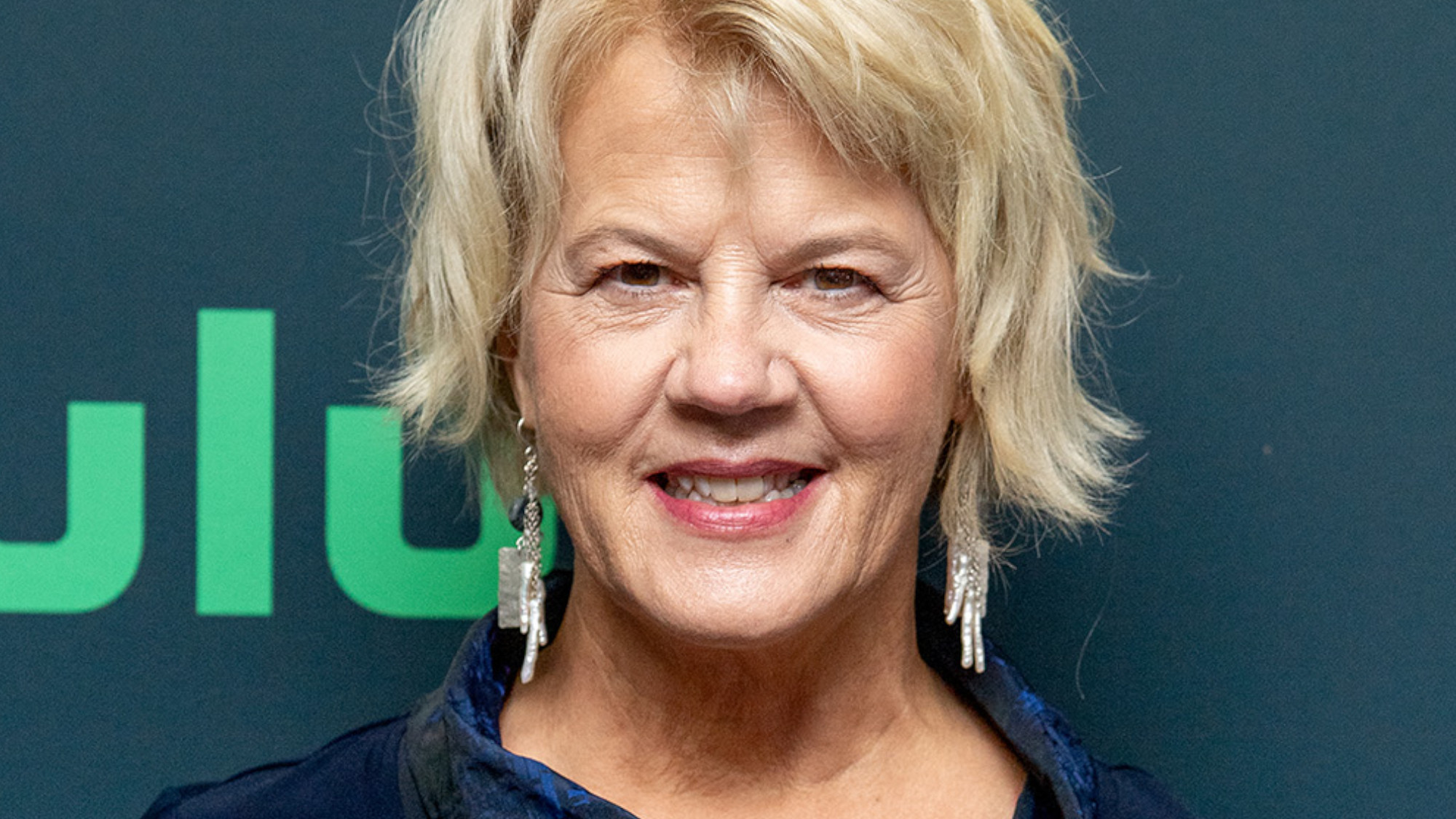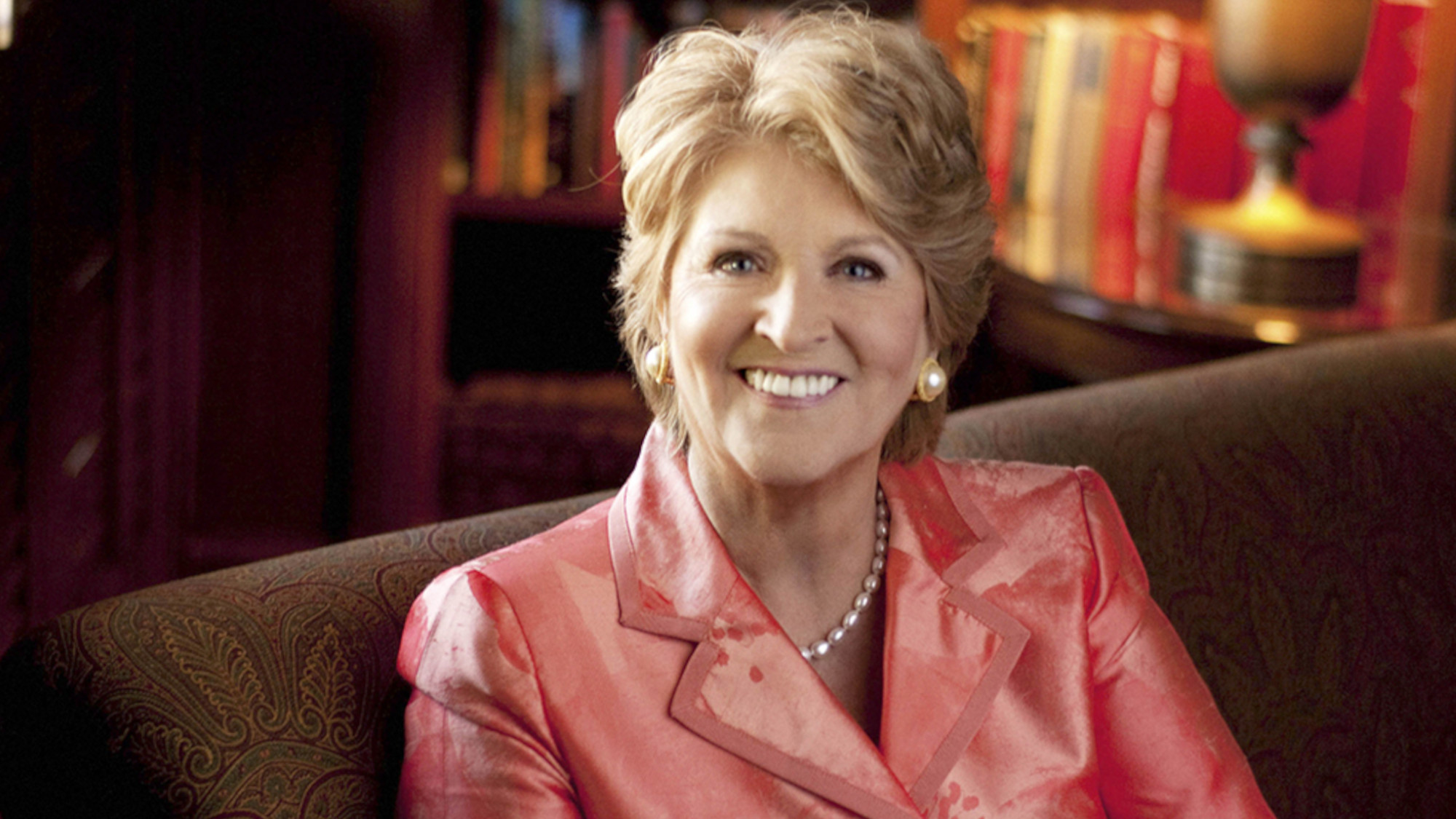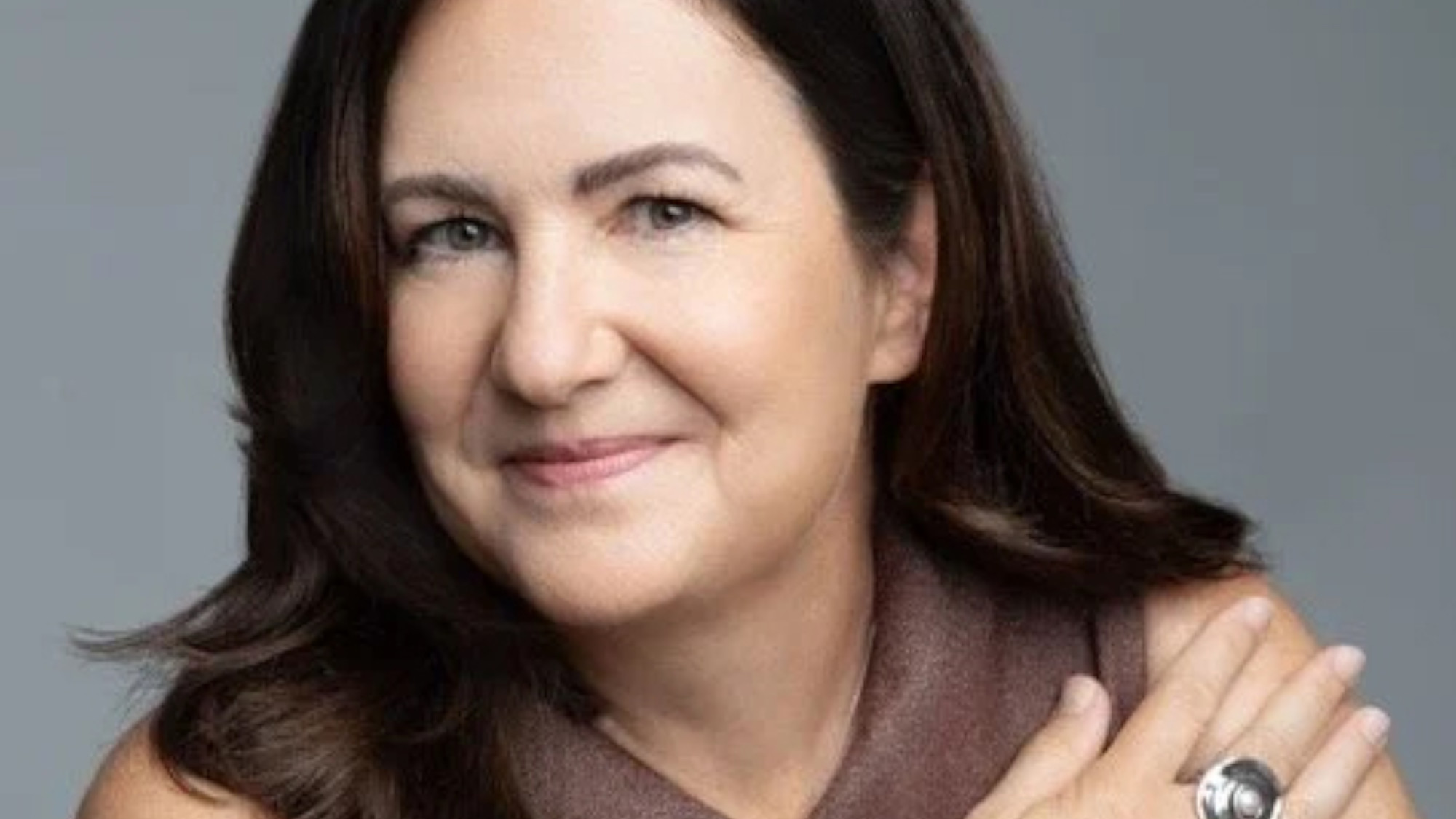Best books … chosen by Karin Slaughter
Karin Slaughter is the best-selling author of a series of acclaimed suspense novels set in fictional Grant County, Ga. Her latest book, Fractured, sends homicide detective Will Trent into Atlanta.
Personal Recollections of Joan of Arc by Mark Twain (Echo, $10). Twain’s last published novel and, by his account, his best work. He was fascinated by his subject and investigated St. Joan’s life for more than a decade before writing her story.
Mystery and Manners: Occasional Prose by Flannery O’Connor (Farrar, Straus and Giroux, $15). One of my favorite lines about Southern writers comes from this collection of essays: “Anything that comes out of the South is going to be called grotesque by the Northern reader, unless it is grotesque, in which case it is going to be called realistic.” Here we are more than 40 years later, and I wonder sometimes how much has changed.
Lucky by Alice Sebold (Back Bay, $13). The most shocking part of this memoir is not only what happened to the author—it’s that, through the course of this nonfiction work, we learn that it has happened to so many other women in the author’s life. Why have we stopped talking about rape?
The Week
Escape your echo chamber. Get the facts behind the news, plus analysis from multiple perspectives.

Sign up for The Week's Free Newsletters
From our morning news briefing to a weekly Good News Newsletter, get the best of The Week delivered directly to your inbox.
From our morning news briefing to a weekly Good News Newsletter, get the best of The Week delivered directly to your inbox.
Gone With the Wind by Margaret Mitchell (Scribner, $17). People tend to forget that Mitchell won the Pulitzer for a reason. The Scarlett O’Hara who exists on the page is far more powerful and engaging than the one on screen.
The Dead Letter by Metta Victor (Duke, $24). Victor wrote this, the first novel-length American detective story, in 1866—and published more than 80 books in almost every genre before she died at the age of 54.
Wuthering Heights by Emily Brontë (Penguin, $7). Brontë’s use of nonlinear storytelling and flashback was a technical triumph compared with other novels of the day. When you think about the changes editor Maxwell Perkins made to the first draft of Fitzgerald’s The Great Gatsby, you wonder if he had Brontë in mind.
A free daily email with the biggest news stories of the day – and the best features from TheWeek.com
-
 Breaking news: the rise of ‘smash hit’ rage rooms
Breaking news: the rise of ‘smash hit’ rage roomsUnder the Radar Paying to vent your anger on furniture is all the rage but experts are sceptical
-
 Did markets’ ‘Sell America’ trade force Trump to TACO on Greenland?
Did markets’ ‘Sell America’ trade force Trump to TACO on Greenland?Today’s Big Question Investors navigate a suddenly uncertain global economy
-
 ‘We know how to make our educational system world-class again’
‘We know how to make our educational system world-class again’Instant Opinion Opinion, comment and editorials of the day
-
 Beth Macy’s 6 favorite books about living in a divided nation
Beth Macy’s 6 favorite books about living in a divided nationFeature The journalist recommends works by Nicholas Buccola, Matthew Desmond, and more
-
 Gilbert King’s 6 favorite books about the search for justice
Gilbert King’s 6 favorite books about the search for justiceFeature The journalist recommends works by Bryan Stevenson, David Grann, and more
-
 Nathan Harris’ 6 favorite books that turn adventures into revelations
Nathan Harris’ 6 favorite books that turn adventures into revelationsFeature The author recommends works by Kazuo Ishiguro, Ian McGuire, and more
-
 Marisa Silver’s 6 favorite books that capture a lifetime
Marisa Silver’s 6 favorite books that capture a lifetimeFeature The author recommends works by John Williams, Ian McEwan, and more
-
 Lou Berney’s 6 favorite books with powerful storytelling
Lou Berney’s 6 favorite books with powerful storytellingFeature The award-winning author recommends works by Dorothy B. Hughes, James McBride, and more
-
 Elizabeth Gilbert’s favorite books about women overcoming difficulties
Elizabeth Gilbert’s favorite books about women overcoming difficultiesFeature The author recommends works by Tove Jansson, Lauren Groff, and more
-
 Fannie Flagg’s 6 favorite books that sparked her imagination
Fannie Flagg’s 6 favorite books that sparked her imaginationFeature The author recommends works by Johanna Spyri, John Steinbeck, and more
-
 Jessica Francis Kane's 6 favorite books that prove less is more
Jessica Francis Kane's 6 favorite books that prove less is moreFeature The author recommends works by Penelope Fitzgerald, Marie-Helene Bertino, and more